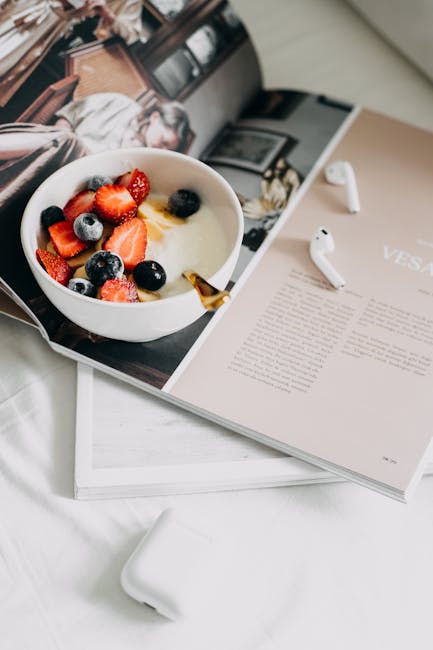
Are you one of the millions who constantly battle restless nights, waking up feeling more tired than when you went to bed? The quest for a truly restorative night’s sleep often feels like an uphill battle, leading to daytime fatigue, reduced focus, and a general dip in well-being.
But what if the key to significantly better sleep was as simple as what you eat? A groundbreaking new study has just revealed that incorporating specific foods into your diet can dramatically improve sleep quality – by an astounding 16%! That’s not just a marginal gain; it’s the difference between dragging through your day and waking up genuinely refreshed.
The research, which tracked participants’ sleep patterns and dietary habits, pinpointed several nutritional powerhouses that positively influence the body’s natural sleep-wake cycles. These foods aren’t magic pills, but they’re rich in compounds like melatonin, tryptophan, magnesium, and serotonin precursors – all vital for regulating sleep and promoting relaxation.
Leading the pack are Tart Cherries and their juice. Known as a natural source of melatonin, the hormone that controls your sleep-wake cycle, a glass of tart cherry juice before bed can signal to your body that it’s time to wind down. The study specifically highlighted their efficacy in improving sleep efficiency and reducing nighttime awakenings.
Almonds and Walnuts are another fantastic addition. Packed with magnesium, a mineral crucial for nerve function and muscle relaxation, they also contain tryptophan and a small amount of melatonin. A handful as an evening snack can help calm your nervous system and prepare your body for rest.
Fatty Fish like salmon, tuna, and mackerel aren’t just good for your heart; they’re sleep boosters too! Rich in Vitamin D and Omega-3 fatty acids, these nutrients are involved in the regulation of serotonin, a neurotransmitter that contributes to melatonin production. Regular consumption has been linked to better sleep quality and fewer daytime sleep problems.
Surprisingly, Kiwis made the list! These fuzzy fruits are high in serotonin and antioxidants, which may help improve sleep onset and duration. Some studies suggest that eating two kiwis an hour before bed could significantly improve your ability to fall asleep and stay asleep throughout the night.
Other notable mentions from the study include Warm Milk (for its tryptophan and calcium), Leafy Greens like spinach and kale (rich in magnesium), and Whole Grains like oats and barley (complex carbs that aid tryptophan absorption and provide sustained energy, preventing nighttime hunger pangs).
Incorporating these foods into your evening routine doesn’t have to be complicated. Think a small bowl of oats with cherries, a salmon dinner, or a handful of almonds as a late-night snack. Consistency is key – make these dietary shifts a regular part of your healthy lifestyle to see the best results.
While diet plays a significant role, remember that good sleep hygiene (a consistent sleep schedule, a dark and quiet room, avoiding screens before bed) remains paramount. However, this new research offers a compelling, actionable strategy to significantly enhance your sleep quality simply by adjusting your plate.
Ready to finally conquer your sleep woes? Start experimenting with these sleep-promoting foods tonight. A 16% improvement in sleep quality could be just a few delicious meals away, paving the way for more energized, focused, and joyful days ahead.
